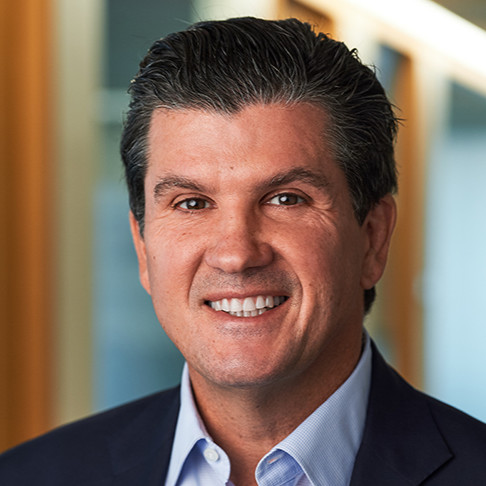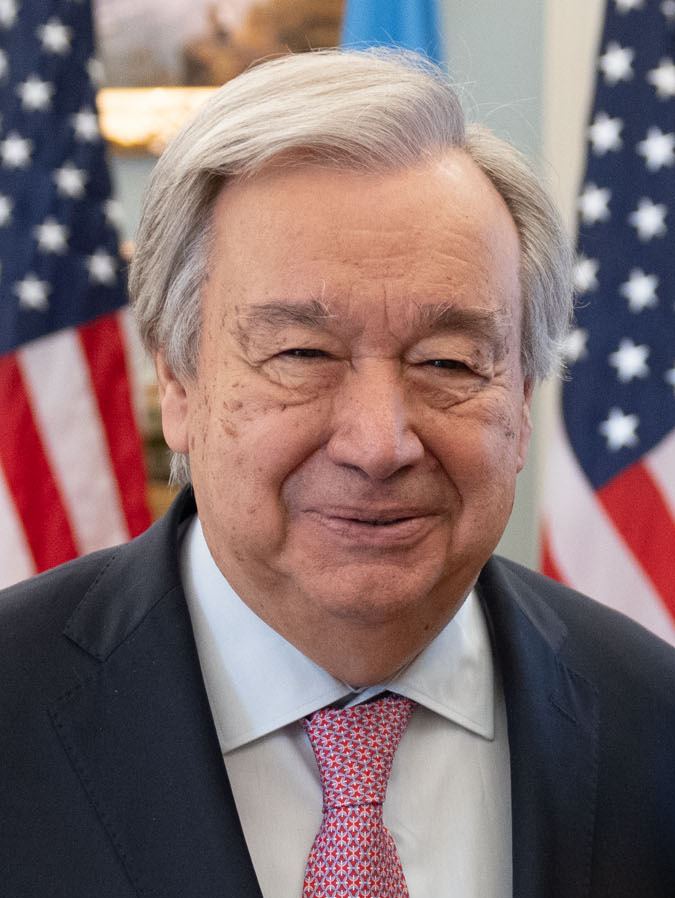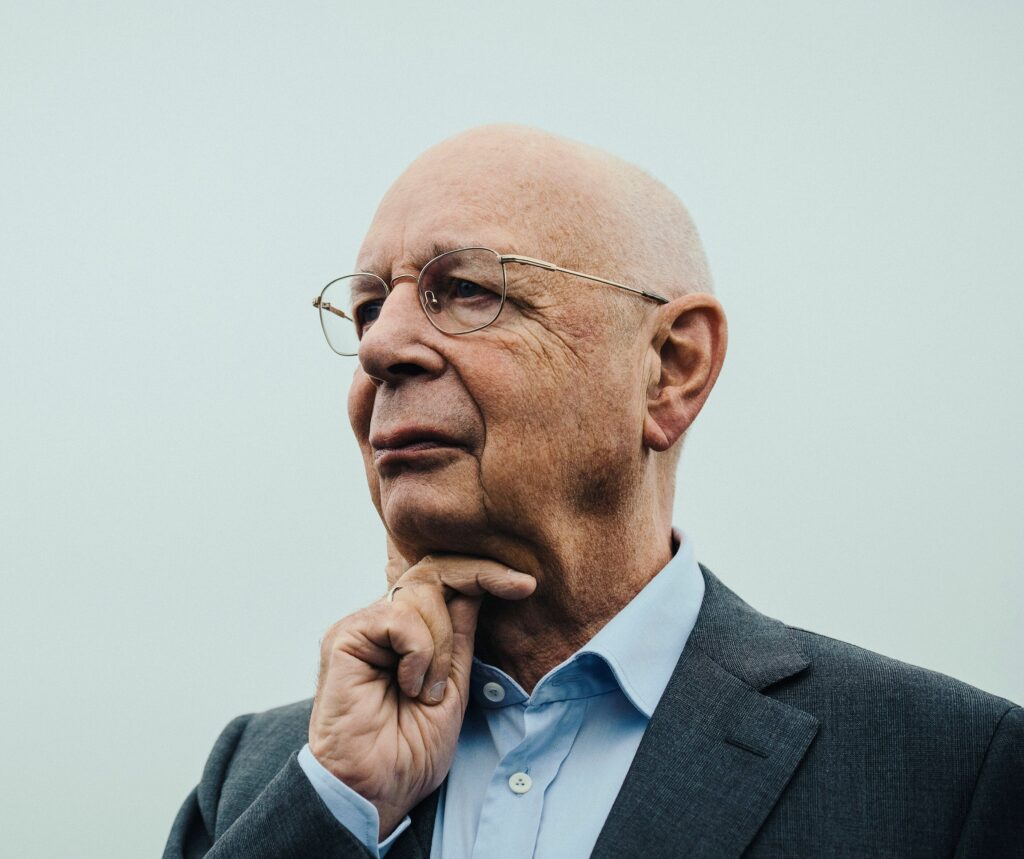TikTok went dark over the weekend but was restored for the 170 million users already engaging with the social media platform. Newcomers, however, won’t find the app available for download at the moment. But that’s about to change soon, according to a board member of TikTok’s Chinese parent ByteDance.
ByteDance Board member and General Atlantic Chair and CEO Bill Ford said on Wednesday (Jan. 22) the app will be back in the U.S. sooner than later. An exact timeframe is still unknown.

“We’ll get on with it, as soon as maybe the end of the week in terms of negotiating what might work … The Chinese government, the US government and the company and the board all have to be involved in this conversation,” Ford said at the World Economic Forum in Davos, Switzerland.
He added that it was in everyone’s best interests to come up with a plan “short of divestiture.” General Atlantic is a major investor in ByteDance.
World Economic Forum
Also at the World Economic Forum, U.N. Secretary-General António Guterres emphasized the need for reduced carbon emissions worldwide, pointing to 2024 being the hottest year in recorded history.

“Our fossil fuel addiction is a Frankenstein monster, sparing nothing and no one. All around us, we see clear signs that the monster has become master,” Guterres said.
While appreciating everything artificial intelligence (AI) can do to enhance the fields of education, healthcare, and more, Guterres said it must be governed because how easy it can be used to deceive.
This year themed “Collaboration for the Intelligent Age,” the World Economic Forum Annual Meeting 2025 (Jan. 20-24) convenes over 50 heads of state and government, along with business and civil society leaders, to discuss key challenges around the globe, such as
- Geopolitical shocks
- Stimulating growth to up living standards
- Stewarding an energy transition that is just and inclusive
The US and Climate Change
Climate change has been part of the WEF meeting agenda for years, with 2025 being no exception. Eyes have been on the U.S. as the government was just, for the second time in history, directed to pull out of the Paris climate pact.
Even without the U.S. government, the private sector and countries leading the clean energy transition — including China — are continuing to tackle issues associated with climate change, the WEF said.
“The world is undergoing an energy transition that is unstoppable,” United Nations climate chief Simon Stiell said.
The “door remains open” if the U.S. wants to get back into the Paris accord one day, he added.
About the World Economic Forum
Founded by German economist and mechanical engineer Klaus Schwab in 1971, his “stakeholder theory” — also known as “stakeholder capitalism” — sits as the “guiding principle” of the forum. The theory states that a company should serve all of its stakeholders, not just its shareholders: employees, suppliers, and the community it is part of.
Schwab currently serves as the Chairman of the Board of Trustees. His latest books are “The Fourth Industrial Revolution” (2016), a worldwide bestseller translated into 30 languages; “Shaping the Fourth Industrial Revolution” (2018), co-authored with Nicholas Davis; “COVID-19: The Great Reset” (2020), co-authored with Thierry Malleret; and “Stakeholder Capitalism (2021), co-authored with Peter Vanham.

The WEF Annual Meeting changes its agenda each year according to the most pressing concerns. Climate change is a constant theme, as are inclusion, diversity, and meeting the needs of all. Other themes in past years have included pandemic preparedness, reskilling, energy transition, and the overall state of the global economy.
The 2025 WEF has 300 sessions (200 livestreamed to a worldwide audience) that are a meeting of the minds determining the biggest issues we face as a world and stepping up advancements for everyone’s benefit.











